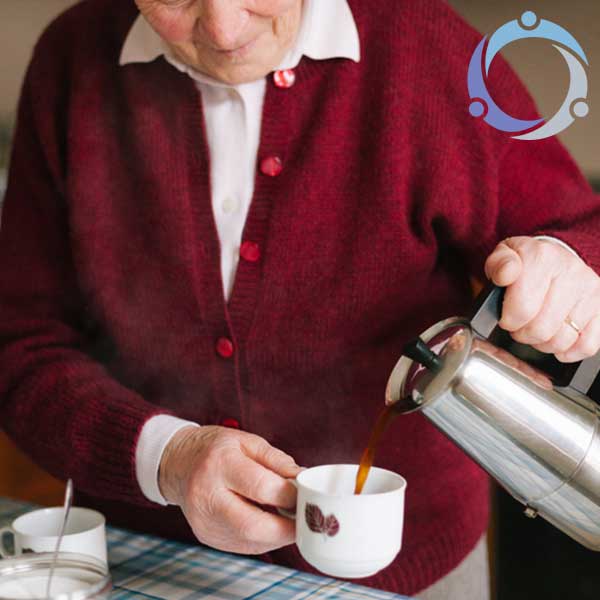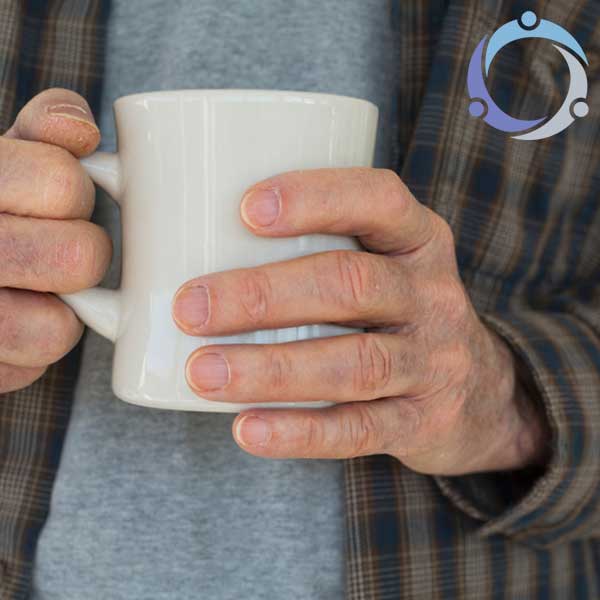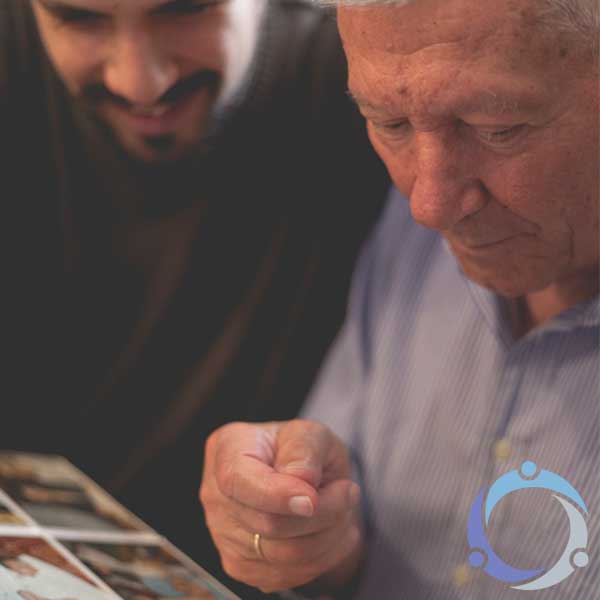
Medication Management: The Benefits of Same-Day Prescription Delivery
Lotsa is excited to partner with Medly Pharmacy to provide you with co-authored, collated content on topics relevant to caregiving and supporting the needs of a loved one.
If you are interested in learning more about how Medly can support you or your loved ones with same-day prescription delivery, please call or text the Medly Care Team at 1-800-917-3382, a line exclusive for Lotsa use. You can also read more about the service and how it can help at https://medly.com/en-us/partner/lotsa.
Having to fill and refill prescriptions can be an arduous task. Whether you have one prescription, multiple refills, or are helping someone else with their monthly medications, getting to the pharmacy is one more errand on top of everything else you already have scheduled. Getting to the pharmacy can be especially difficult when dealing with lack of mobility, medical conditions, or limited access to transportation . We have a few suggestions for getting rid of this errand so you can make more time for the important things in life.










